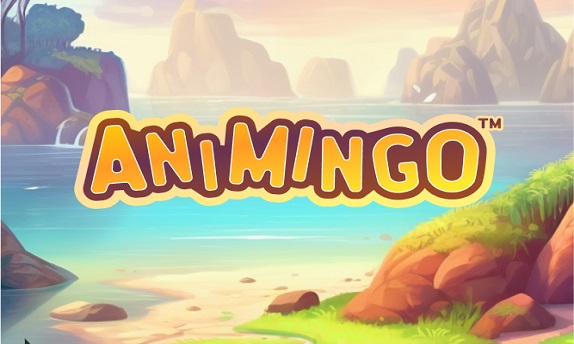Dutch Remote Gaming Act
The Netherlands took a major step towards the introduction of online gambling regulation on 19th February, when its senate passed the Remote Gaming Bill. After a torturous three year passage through the House of Representatives, the regulatory framework will finally be passed into law by Royal Decree, paving the way for a fully-regulated online gambling industry.
Background to the Bill
The legislation was initially introduced for consideration back in 2014 and sought to eliminate the unregulated online gambling market in Holland while protecting players from addiction. However, the bill became something of a political football with its passage initially blocked in the Dutch legislature’s Lower House. Parties such as the Christian Democratic Appeal and Christian Unions raised concerns about the moral implications of implementing such regulations and questioned whether the introduction of new regulations actually legitimised gambling.
The bill was held up further after reaching the Senate, with disagreements about the licensing eligibility of rogue operators who’d already been subjected to financial penalties. These delays have been the cause of great frustration among lawmakers over the past three years.
Jan Suyver, former head of the Netherland’s gambling regulatory body Kansspelautoriteit (KSA), was highly critical of the Dutch government for dragging its feet on the new bill while questioning the ideological position of its political opponents. Speaking after his departure from the KSA in October 2018 he said:
“…even though you are against gambling, that cannot be a reason not to regulate it. Rather, on the contrary, I would say”. Suyver went on to suggest that legislators had ‘a moral duty’ to ensure the successful passage of the Remote Gaming Bill and that it was a ‘disgrace (that the Netherlands) was ‘almost the only country left in the European Union with no regulated online gambling’.
Why the Delay?
That the Netherlands have taken so long to implement online gambling regulations is somewhat anomalous, given the country’s generally liberal attitudes. But the progress of the Remote Gaming Bill certainly was seriously hindered by the 2017 Dutch General Election which failed to produce a conclusive winner. The subsequent negotiations between the parties to form a coalition took 225 days, during which time debating of the Bill was put on hold. Multiple amendments were also made which created further hold-ups.
The Changing Landscape of Online Gambling in the Netherlands
The passing of the Remote Gaming Bill will be of great relief to those within the Dutch Government who’ve battled for its adoption. Sander Dekker, Dutch Minister for Legal Protection heralded the news while recognising the changing attitudes to online gambling in the country.
“We see that society is digitising and more than half a million Dutch people are participating unprotected in online gambling at the moment. This involves big risks such as gambling addiction and fraud. I am happy that we can now offer players a secure offer so that games of chance can be played online in a responsible manner.”
Current head of the KSA, René Jansen called the vote a ‘milestone’ and remarked, “The amendment of the Betting and Gaming Act enables the KSA to protect participants in online games of chance. With this modernisation of the law, it is more possible to enforce a safe game in a fair market, as players will at least play with a provider with a permit.”
What the New Online Gambling Laws Mean for Operators
Much of the new legislation is concerned with the governance of foreign operators. And as of 2020, an official license will be required by companies looking to target Dutch audiences.
Supplementary adoption motions were also passed alongside the main vote including measures to administer a two year cooling off period for operators who have deliberately targeted the Dutch market. The blocking of IP addresses and domain name servers as well as the banning of online gambling ads is still under consideration.
Following the vote, the KSA detailed some of the licensing criteria that operators must abide by. As well as being included in a central database, they must also take part in a national self-exclusion scheme, while undertaking measures to encourage responsible gambling.


